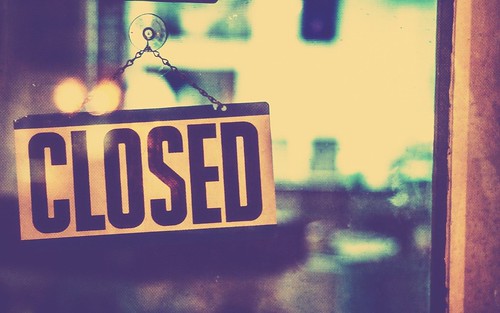By Emma Piorier
The first day of class following the closure of campus, African American Studies 399 met online to proceed with our scheduled discussion about Patricia Hill Collins and her text On Intellectual Activism. Immediately, it became clear to both our professor and ourselves, that we were visibly and communally working through the adversity of transition, the stress of pandemic and the toll of grief. The abrupt transition back to the “classroom” would not lend itself to a “business as usual” discussion and instead, our virtual classroom became a space to process this transitory time.
Despite not completing the planned conversation, I found us continuing to use the themes, language, and perspectives that we had cultivated in class to discuss and process the events engulfing us.
We dissected the language the university uses to discuss policy changes, the emails the administration sends us and the messages from President Crawford. We shared about the diverse factors affecting ourselves and our peers as we navigate online learning. Dr. Brackett took the time to explain the credit/no credit approach to grading that was being offered as an alternative in our spring semester. Additionally, we examined why policy changes are necessary within the reality of resource discrepancy. We talked about the experience so many of us were currently sharing: life on a campus with only the people who can’t, or for endless reasons, chose not to go home.
This process makes me think about positionality constantly. Perhaps, just as I observe the new and visibilized forms of privilege and oppression around me, I also feel more conflicted about my own sense of stability and privilege.
This week, I’ve observed my peers flee for home, abandon houses, and continue to pay rent on homes they aren’t living in.
We’ve all seen the hoarding of supplies at grocery stores, the shock, fear and “how is this possible?” reaction by white America in particular.
I am consumed by a deep rooted desperateness since losing my housing, not knowing how to create money for rent, and the on-going possibility of losing my job.
I’ve felt blaringly aware of my own privilege; to receive a reimbursement from the university, to still have a job, to be easily isolated at this time, to continue classes, to have this feeling of uncertainty be temporary, to be in response to a crisis and not a reality of my day-to-day.
Amidst these adjustments, I also feel angry. Angry with the shock I see in my family; they can’t imagine a disease killing people so unapologetically, as if we haven’t seen diseases destroy entire communities.
Angry, with systems of greed that prevent the supplies hospitals need so desperately from existing.
Angry with Trump and politics and opportunism.
I am sad. I grieve the classroom; the pride and commitment I felt to those fluorescent rooms. I built a sense of self through navigating the university, through learning the systems, through existing and thriving in ways my family has never known.
I cry for my team that worked so tirelessly and fearlessly. I miss being an athlete.
I feel abandoned by my peers, left on a dead campus.
I am frustrated. On social media my peers repost quotes declaring that “now is a time we see the working of oppression most clearly”. Like, what hasn’t been clear about racism? What is invisible about classism, wage inequality, poverty? Have you not observed the discrepancies in education? Not experienced gender discrimination? Is this the first time you’ve realized there are people in this country without healthcare?
I click through their story: the next slides say “quarantine ab-workout for the perfect body”, “if everyone just stayed home we wouldn’t be having this problem”, and a picture of newly ordered “stay at home goodies” wrapped in clearly recognizable Amazon packaging.
I have so many questions.
If now is the first time you are seeing oppression, how are you changing? Why haven’t you changed already? How will you change when this is over?
I’ll be here when you come back.



